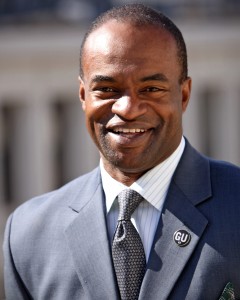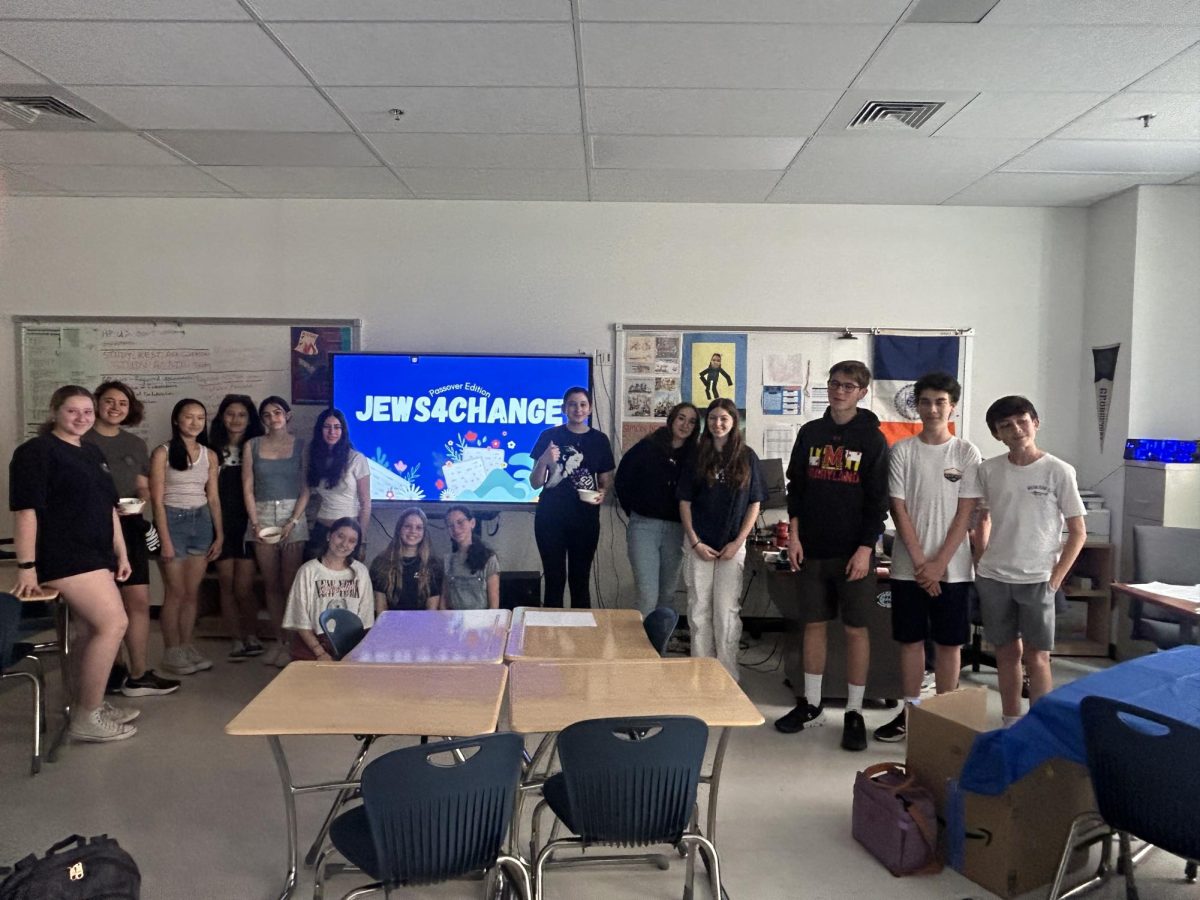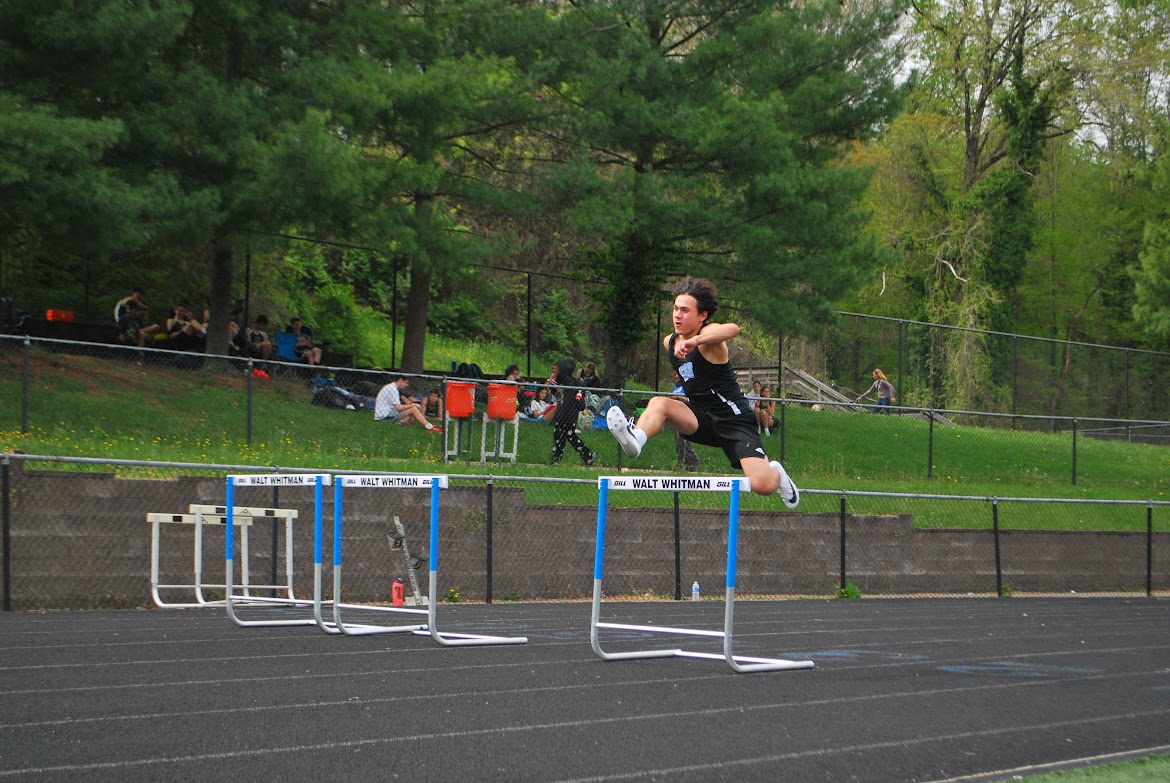Black & White reporter Caleb Friedman interviewed NFL Players Association director DeMaurice Smith over the phone to ask Smith about his career and past experiences. Smith, who was elected as director by the players in 2009, oversees in day-to-day affairs of the NFLPA, which acts to ensure adequate compensation for current and active players. Smith was the chief negotiator during the NFL lockout in 2011, and has spearheaded a movement for player safety, including medical care for retired players. Smith’s responses have been edited for conciseness and clarity.
Black & White: What do you do on a day-to-day basis?
DeMaurice Smith: A lot of times I’m on the road visiting our players. When I’m on the road visiting players I talk to them about the work of their union, how to keep themselves safe, what’s going on economically in the National Football League, what benefits are looking like this year for our players in terms of salary and salary cap. When I’m not on the road I’m in the office handling the administration of the affairs of all 2100 players. We have a former player division and an active player division, a legal department (that I supervise) to manage any of the litigation that we have to deal with, and a wholly own subsidiary called The Players INC where we generate $150-160 in revenue every year which we turn back to the players. It’s generally enough to keep me busy.
B&W: What experiences helped prepare you the most to be the director of the NFLPA?

DS: I’ve been lucky enough where all of the jobs that I’ve had before have prepared me for this. I was a criminal prosecutor in D.C. for 10 years, which certainly helps you think critically and quickly and engage in analysis under crisis circumstances.
I was in private practice for another 15 years, and that teaches you how to play and raise the level of your game to the highest level. Your clients expect you to be the best lawyer in the room at all times.
Even before that when I was in high school working at a fast-food restaurant, which teaches you customer service. You learn that when you are a service provider, even if it isn’t your best day, everyone that you come into contact with, in a service aspect, is expecting you to deliver their service.
B&W: What specific individuals have impacted your life the most?
DS: My parents were the people that I looked up to the most. I’m one generation removed from a dad who grew up in the rural south; there was no indoor plumbing, 14 kids, and sharecropping. It was the Jim Crow South. My mother lost her parents when she was 13 years old, and raised herself and her twin brother before going to nursing school. When you’re lucky enough to have parents who have overcome a lot, and at the same time, don’t put a lot of pressure on you, you’re always aware of their quiet strength. They taught me to not allow the crisis to get the better of you, and deliver your best at all times.
B&W: What is your favorite part of your job at the NFLPA?
DS: My favorite part is when I’m on the road meeting with our players. You get to watch them on Sunday, but you realize when you meet with them that they’re all incredibly young; they’re fathers; they’re sons; they’re husbands; they’re people in their communities; they’re normal people. They just happen to be some of the best athletes in the world.
B&W: What was it like negotiating during the lockout in 2011, considering that all sides were under significant pressure?
DS: It’s high pressure, but the only way to handle those situations effectively is to deconstruct where the pressure is coming from, and separate real pressure from fake pressure. I know that everybody wanted to play football and nobody wanted to miss games, but that’s pressure from fans, and you have to just put that on the shelf. I represent the players, not the fans.
The pressure that you feel there is from the players, but I don’t feel that the pressure that I felt was intense. You prepare for it, you plan for it, you have multiple contingencies, and you work your way through it.
B&W: What was your role in the domestic violence incidents and what are your goals for the future?
DS: I think that the most important thing with regards to violence is that you don’t want it to happen. If they happen to anybody in your family, you would be extremely concerned. The goal there is to focus on preventing these things from happening. Unfortunately these things happen in football; they happen in basketball; they happen in baseball; they happen at your school; they happen at my school; they happen down the street; they happen in college; they’re going to happen.
They key is figuring out what you’re going to do when these things occur, and how you’re going to handle them in the best possible way. I firmly believe that a lot of the problems the NFL had in dealing with the domestic violence issues wasn’t so much the incidents that occurred, but it was how they reacted to them. They, in many respects, acted poorly.
B&W: With regard to concussions and player safety, what would you like to see done?
DS: You can’t, in this job, focus on just simply one aspect. Obviously, our players love to play a great game, but that’s just one aspect. The game is played by human players, so you can’t forget: it’s not robots running around out them. It’s people.
You have to realize that these players are not going to play forever, and you need to make sure that they leave football in as safe a circumstance as possible. So, the job is really avoiding being trapped in just one aspect of the game and life.
B&W: What is one thing that you would like to see enacted by the NFL in the coming years?
DS: I think one thing that needs to be done is a uniform guarantee that any player who is hurt playing football gets their injuries taken care of, not only while they are playing football, but later in life. Now, we have to fight for workers compensation for those players. I know that it would make the game better and it would make our fans love the game more if they knew beyond the shadow of a doubt that if a player got hurt, they would receive protection for their medical care. Another thing that I would like to see is more time for players to obtain their degrees in the offseason.







